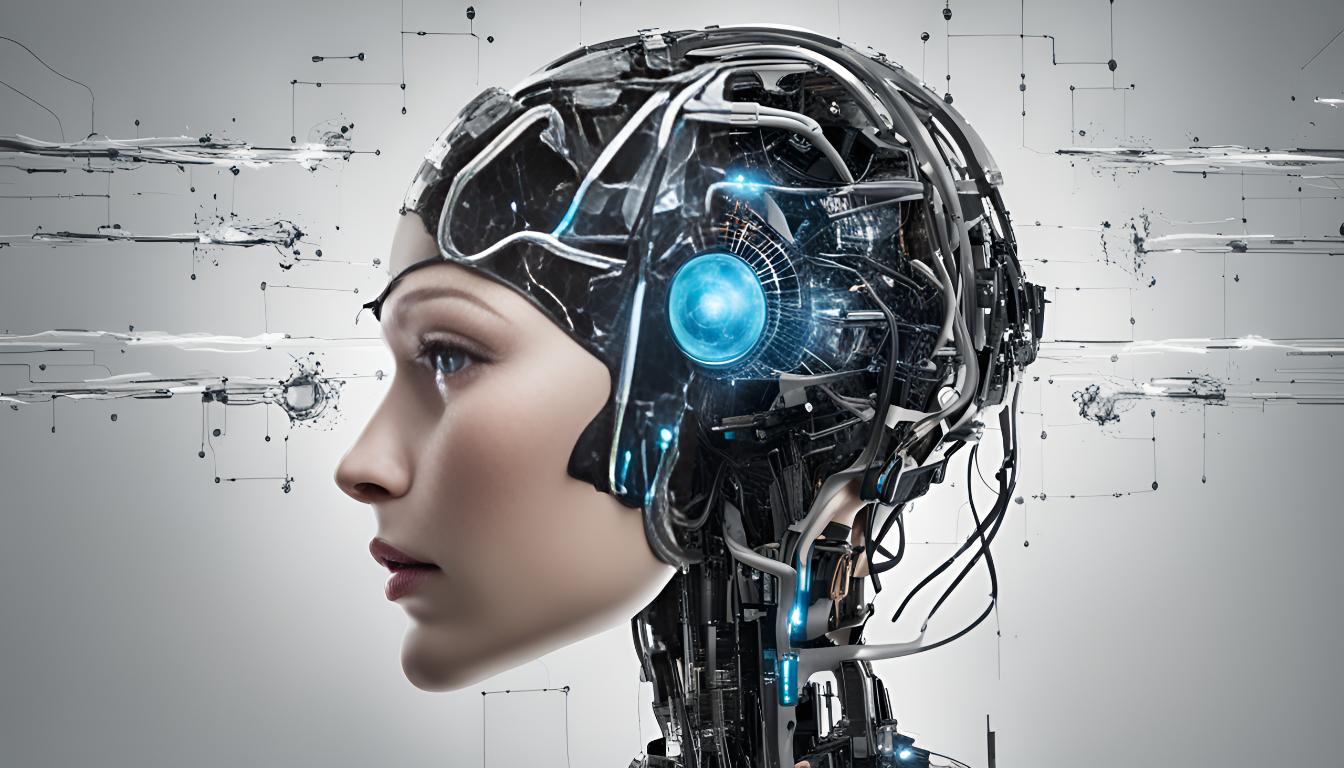Artificial Intelligence: The Future of AI and How It Will Impact Your Life

Artificial Intelligence (AI) has transformed our interaction with technology. Human modernity drives this aspect, programming machines to imitate the human mind’s functions, learning and thinking. From performing human-like, simple tasks, basic algorithms, AI has now evolved. The use of machine learning and neural networks has transformed rule-based AI systems into advanced, sophisticated technologies.
Types of Artificial Intelligence: Capabilities and Functions
Artificial Intelligence is further divided based on its function and abilities. Narrow AIs, or Weak AIs, specialise in a singular predefined task, for instance, voice or image recognition. The other side of this spectrum is General or Strong AIs, whose purpose is to automate and control any human cognitive work.
The most fundamental form of AI are reactive machines. These machines function by responding to set inputs with pre-determined outputs. Limited Memory AI pertains to machines such as self-driving cars, which employ past experiences to guide future actions. The attempt to construct AI that can comprehend and simulate emotion and intention is in its infancy stage. Self aware AI aspires the advanced goal for many AI researchers.
How AI Works: Key Components
Gaining insight into how AI works requires an exploration of important aspects such as machine learning, deep learning, and neural networks. Machine learning models analyse vast amounts of data to identify patterns and make accurate predictions. Deep learning uses multilayered neural networks to analyse and interpret more intricate data. Neural networks mimic the human brain, using interconnected nodes (neurons) that process information with learned patterns to generate outputs.
Benefits of The Future of in Business & Society
AI is influencing different fields, making processes more efficient and paving the way for innovations. In the medical field, AI is changing the landscape with novel diagnostic devices, developing specialised treatment plans, and employing predictive analytics. The finance industry also uses AI to make and manage predictions, monitor investment portfolios, and detect fraud with foresight algorithms. Within the transport sector, AI is automating route optimisation, which enhances safety and improves efficiency within the industry.
AI is reshaping customer service and also entertains consumers by offering tailored recommendations on streaming services, designing games, and even content generation. Algorithms analyse user data to curate individualised suggestions for films, music, and other media.
Automation enhances the efficiency and productivity of various industries. By automating repetitive tasks, workers can shift their focus to more sophisticated and creative work. AI systems personalise experiences by tailoring them to user preferences. Unlike human analysts, AI processes and analyses large datasets to uncover critical trends that might otherwise go unnoticed. When engaging tasks replace repetitive ones, businesses achieve greater job satisfaction and operational efficiency.
Ethical Concerns & Challenges of AI
The concerns regarding AI bias continue to grow, and so do the issues its technologies create. Security, decision-making, and overall privacy are all ethically complex issues. With automation comes the need for reskilling, making job displacement a focal concern. Vast data sets are often needed to train AI systems, which raises privacy and security risks. AI can learn user information, which makes the system biased. It is important to ensure the AI systems do not discriminate regardless of gender, ethnicity, or age.
The Future of Artificial Intelligence
Developments in technology bring along the potential for new changes in AI. Moreover, it is clear that NP, robotics, autonomous systems and AI will be incorporated in the modern world and will become an integral part of day-to-day living. The rate at which AI is progressing is astonishing, and with quantum computing in the picture, we are on the verge of entering a new age. Companies will soon release Edge AI and AI-powered cybersecurity, and these technologies will play a pivotal role.
What You Need to Know
While narrow AI only is limited to performing one task, such as voice or image recognition, general Artificial Intelligence possesses the ability to execute any intellectual activity. AI systems will indeed lead to the automation of jobs, but on the brighter side, such changes will bring with them new opportunities and enable a significant number of workers to upskill. Actually, the total effect only depends on how people and enterprises adapt to these changes. Some of the ethical concerns that arise are related to privacy, biased algorithmic processes, and the effect on work opportunities and employment.
The challenge of protecting AI systems is almost a contradiction in terms; however, it is essential to the issues of equity, thorough AI accountability, and strong privacy and data safeguards. In healthcare, AI develops tools for diagnosis, customises treatment strategies, and employs predictive analytics to forecast diseases and manage patients more effectively. Edge AI, quantum computing, and AI developments will promote innovation and integration into daily life.
Source: Kwaku Nimako



